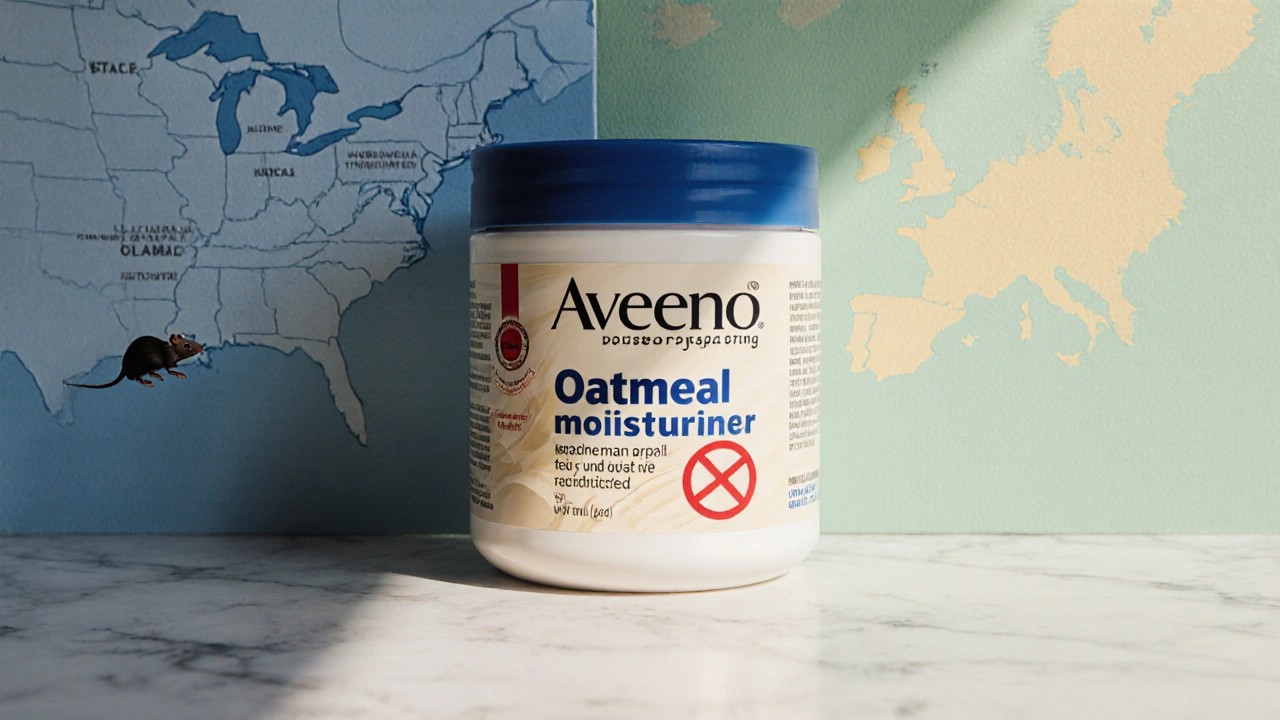Vegan Skincare – Your Practical Guide to Cleaner Beauty
When exploring vegan skincare, a beauty approach that avoids animal‑derived ingredients and testing. Also known as plant‑based skincare, it focuses on ethical sourcing, transparent labeling, and skin‑friendly formulas, you quickly see how it overlaps with other clean‑beauty concepts. One key overlap is cruelty‑free, products that are never tested on animals. While all vegan products are cruelty‑free, not every cruelty‑free item is vegan – animal‑derived ingredients like beeswax can slip through. Understanding this distinction helps you pick truly clean options.
Another pillar of vegan skincare is the use of plant‑based ingredients, extracts, oils, and actives derived from fruits, vegetables, herbs, and seeds. These botanicals deliver antioxidants, vitamins, and hydration without the ethical baggage of animal by‑products. For example, oat‑derived squalane offers the same emollient benefits as its shark‑sourced counterpart, but with a lower environmental footprint. Pairing these ingredients with smart formulation gives you the same performance that traditional cosmetics promise.
Many readers wonder if vegan skincare can still address specific concerns like aging. The answer is yes—vegan anti‑aging products harness plant‑based actives such as retinol‑alternatives (bakuchiol), peptide‑rich algae extracts, and vitamin C from citrus. These ingredients support collagen production, improve skin elasticity, and brighten complexion without animal‑origin components. In short, vegan skincare encompasses anti‑aging solutions, proving that ethical choices don’t mean compromising results.
Why Sustainable Packaging Matters in Vegan Skincare
Packaging often flies under the radar, yet it plays a vital role in the overall eco‑impact of a product. Sustainable packaging, materials like recyclable glass, post‑consumer recycled plastics, and biodegradable tubes reduces waste and aligns with the vegan ethos of respecting all life forms. When a brand couples vegan formulas with responsible packaging, the entire product lifecycle becomes greener.
Choosing vegan skincare also means paying attention to certifications. Look for logos from the Vegan Society, Leaping Bunny, or Cruelty‑Free International. These symbols confirm that the product meets strict standards for ingredient sourcing and testing. Certifications act as a quick visual cue, saving you time when scanning shelves or browsing online.
Beyond the ingredients and packaging, vegan skincare intersects with broader lifestyle trends. Many beauty professionals are now offering workshops that teach clients how to read labels, spot hidden animal‑derived components, and build a routine that supports both skin health and animal welfare. This educational push is reshaping how consumers think about beauty, turning a purchase into an informed decision.
Our collection below reflects these themes. You’ll find posts that break down anti‑aging drinks that boost skin from the inside, investigations into cruelty‑free sunscreen claims, and practical tips for swapping conventional cleansers for plant‑based alternatives. Whether you’re a beginner curious about the basics or a seasoned pro looking for the latest vegan formulations, the articles ahead offer actionable insights.
Ready to explore the full range of vegan skincare knowledge? Dive into the curated posts and discover how ethical beauty can fit seamlessly into your daily routine.
Is Aveeno Cruelty‑Free? Animal Testing Facts & How to Verify
Find out if Aveeno is cruelty‑free, learn about its animal testing policy, certifications, regional differences, and how to verify each product before you buy.

